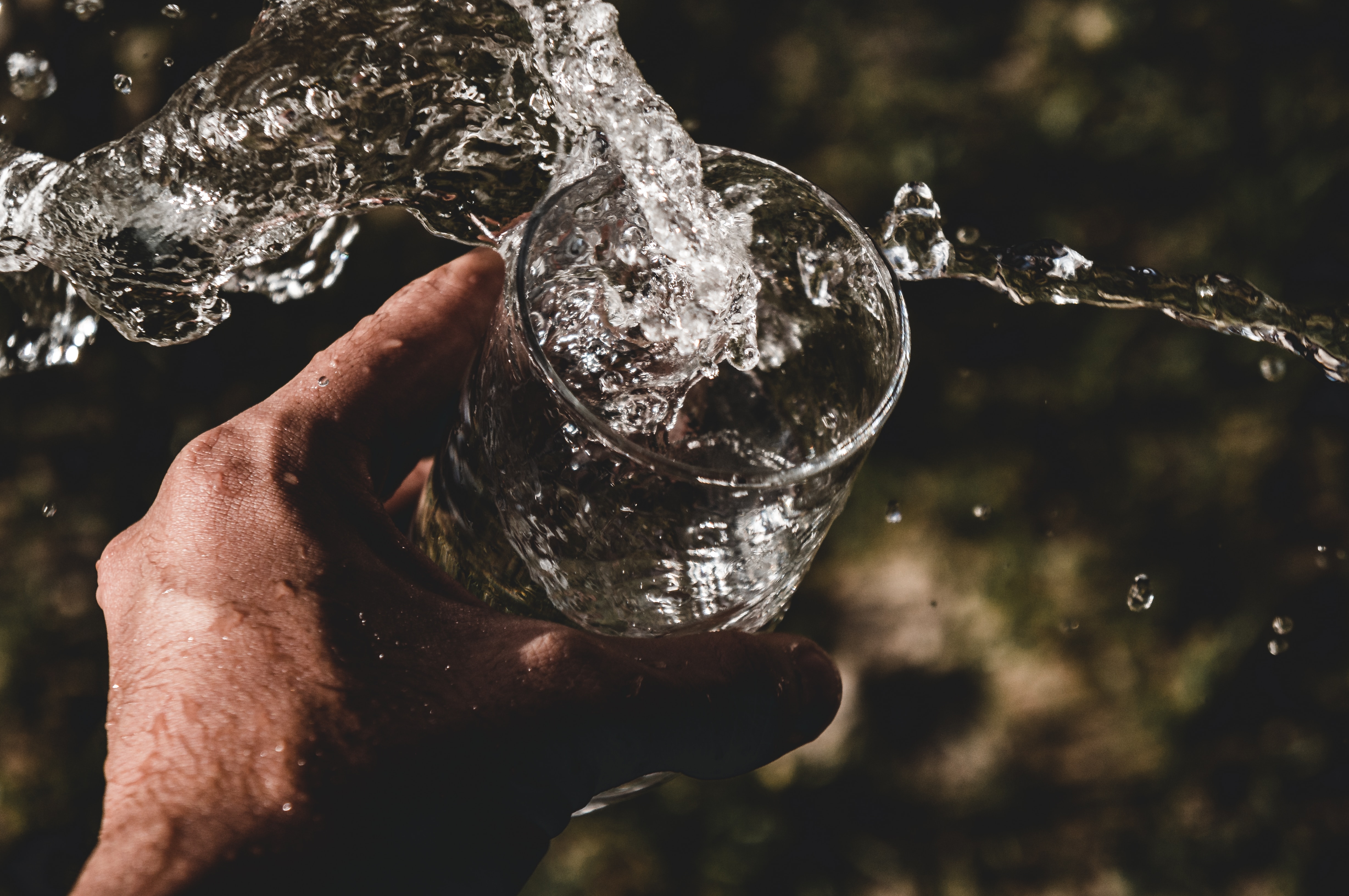
Impressive research highlights the benefits of intermittent fasting when practiced properly. People have been voluntarily fasting for thousands of years. For example, Ramadan is a holy month of introspection and communal prayer where Muslims practice fasting. Early humans were sometimes forced to endure certain time periods with little to no access to food. When fasting isn’t done properly, it can lead to dehydration and other health complications. Dry fasting poses more risks because your body needs fluids. Here’s the down low on fasting, the benefits and risks, and the difference between dry and water fasting.
What is water fasting?

The term fasting means refraining from eating and drinking for a certain time period. The duration and fasting methods vary. Water fasting is a type of fasting where you avoid all food but continue drinking water. Most of the beneficial studies on fasting are specifically on water fasting where participants only drank water.
People often practice water fasting for several purposes, including religion, weight loss, and detoxification. Surgeons might recommend a specific duration of water fasting prior to surgery. Most water fasts last between 24 and 72 hours.
What is dry fasting?

Dry fasting or absolute fasting means refraining from both food and liquids for a predefined period. When you’re dry fasting, you aren’t drinking any water or other beverages like coffee or tea, and you risk dehydration. People usually only dry fast for a shorter duration, such as alternate-day dry fasting, where you avoid any food or liquid one day and eat normally the following day. You repeat this cycle throughout the week. Others practice periodic dry fasting, where they restrict food and drink intake for two or three days every two or three months.
What are the benefits of fasting?

When practiced properly, fasting can provide benefits like lowering inflammation and stress. Water fasting enhances the oxygen supply in your body. It’s a safe method for lots of people looking to lose weight. Keep in mind that most of the studies were performed specifically with water fasting, and dry fasting poses more risks.
Here are some of the proven benefits of fasting:
- Weight loss
- Boosting cognitive functions
- Healthier gut
- Improving insulin resistance, which is a risk factor for diabetes
- Improving heart health
- Lowering inflammation
- Boosting immune function, cell regeneration, and metabolism
Drinking water assists your body in transporting nutrients from your blood to your cells. Water also hydrates your skin and helps your kidneys generate urine and eliminate toxins.
Managing blood sugar

Research shows that when people with blood sugar issues and diabetes practiced fasting, they were able to better regulate their blood sugar levels. Fasting can be helpful in the management of diabetes. If you have diabetes or concerns about your blood sugar, it’s always best to speak to your doctor or healthcare professional before fasting.
The risks of dry fasting

There isn’t enough evidence to support the benefits of dry fasting; however, countless studies document that water fasting is both safe and advantageous. It also isn’t proven that dry fasting delivers faster results. Some studies that do highlight the benefits of dry fasting specifically usually only involve dry fasting for shorter durations, such as during Ramadan. For example, an interesting one-month Ramadan study where Muslims didn’t drink or eat anything from sunrise to sunset concluded that dry fasting accelerated weight loss.
Dry fasting is considered to pose more risks due to the lack of proper hydration. Dry fasting could cause more side effects, including:
- Thirst
- Irritability
- Hunger
- Fatigue
- Decreased urination
- Headaches
- Difficulty concentrating
Why proper hydration is crucial

Water hydrates you, helps flush out toxins, and transports nutrients to your cells. Around 62% of your body weight is water. You might be able to last for weeks without food, but you can only go for a few days without water.
Hydration is crucial for your body, and dry fasting for more than 24 hours could lead to dehydration and other serious complications, particularly for those already dealing with medical issues.
What are the signs of dehydration?

Without sufficient fluids, you urinate less and risk dehydration. Here are some of the symptoms and signs of dehydration to look out for:
- Dark-colored urine with a stronger odor
- Abnormal blood pressure and heart rate
- Heatstroke
- Body temperature issues
- Kidney failure
- Seizures
- Electrolyte loss
In conclusion

Water fasting is the way to go for longer durations, though it isn’t advisable for people to fast longer than 72 hours without proper medical supervision. Most health experts don’t recommend dry fasting for more than one day, and there isn’t enough evidence to support the conclusion that dry fasting is safe. Most people choose water fasting instead due to the many proven health benefits and documented safety.



